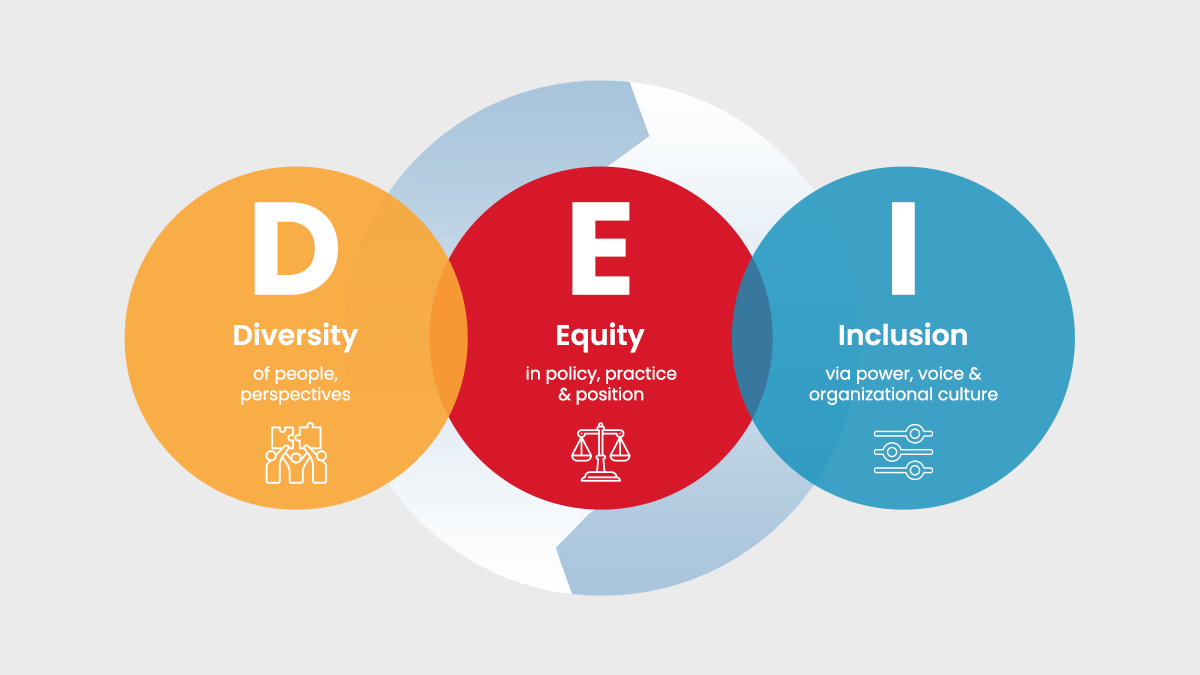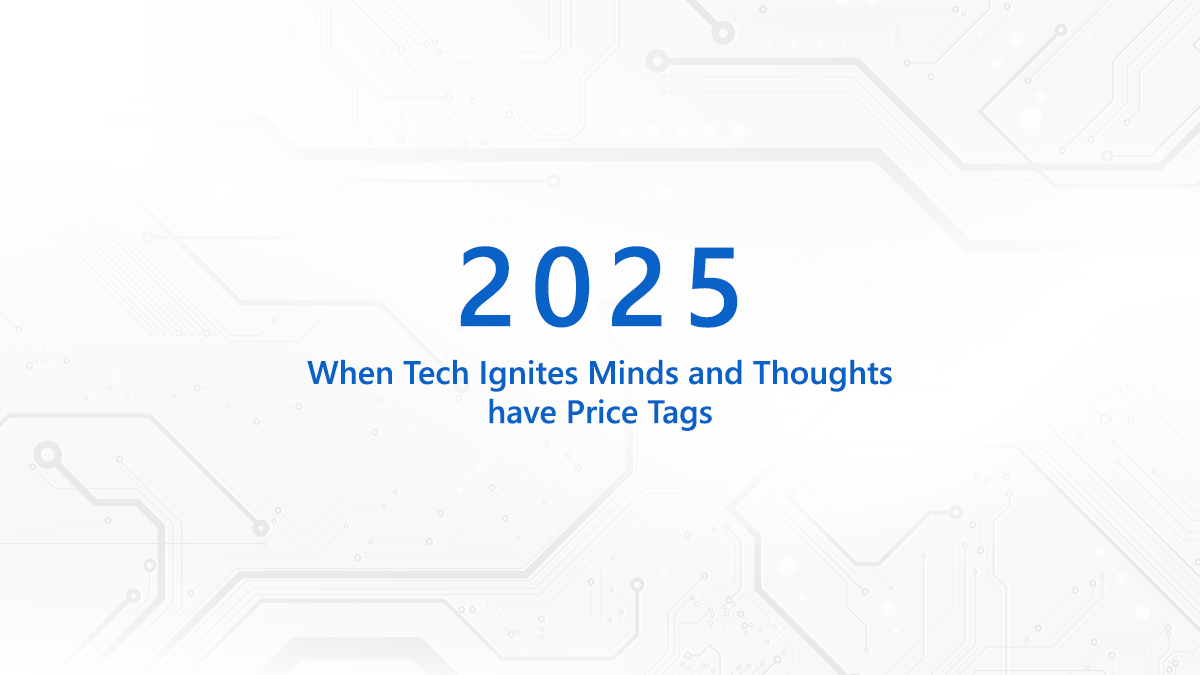Historically, Corporate Social Responsibility (CSR) in India has been touted as a philanthropic activity. However, over the past few years, it has acquired institutional backing after India, in 2013, became the first country to make CSR spends mandatory for specified companies through enabling legislation. Today, CSR is viewed as an intervention that balances economic, social and environmental imperatives. Worldwide, nations face the challenge to translate growth into human development. In this context, CSR, with its fund pool, can deliver progress at the grassroots. Yet, governments can’t get over a lopsided growth model unless they have a system to oversee the entire CSR lifecycle management- from identifying the suitable projects, the funds allocated, the expenditure done, and the outcomes achieved. With an interplay of government oversight and CSR spending by industries, nations can narrow the gap in reaching the key Sustainable Development Goals (SDGs).

The Direction for CSR in Legislation
The Indian government, in a first-of-its-kind statutory intervention, gave legal teeth to CSR spending. The government did it by inserting Section 135 in the Companies Act, 2013. The law mandates companies with a net worth of at least Rs 500 crore or turnover of Rs 1000 crore or more and a net profit of at least Rs five crore in the preceding financial year to set aside two per cent of their net profits clocked in the previous three years on CSR activities. Creating a legal armour for CSR made corporates socially, economically and environmentally responsible and sustainable.

Why Do Governments Need to Monitor CSR Projects
When we speak of the need for CSR surveillance, we should note the funds, their inequitable distribution and the pace of projects on which the funds are parked. Figures sourced from Niti Aayog, the Indian government’s planning think-tank, say the average CSR spend by the private sector is around Rs 16,000 crore. In comparison, the public sector companies expend Rs 4000 crore- adding up to Rs 20,000 crore each year. It makes sense to monitor this expenditure. Then, there is the asymmetry in fund distribution. The more industrialized states like Gujarat, Maharashtra, Tamil Nadu and Andhra Pradesh get more. By contrast, the least developed states like Bihar, Jharkhand, Chhattisgarh – home to 37 per cent of Aspirational Districts – receive only 10-12 per cent of the CSR funds. If you make a generic assessment, the pain points in traditionally managed CSR administration are many:
- Opacity on scale and contribution of CSR activities
- Lack of synergy between government welfare schemes and development activities by companies
- Lack of credible information on resource gap and state developmental agenda
- No knowledge transformation of best practices
- Lack of real-time project-specific feedback
A seamless CSR Monitoring system makes corporates socially responsible and enables governments to attain SDGs.@INDIACSR @CSRTimes @network_csr #csrindia #csractivityhttps://t.co/smsREfMPJ5
— Priyadarshi Nanu Pany (@NanuPany) September 21, 2021
A Seamless System to Get Over This CSR Asymmetry
Governments are building systems to develop synergy with the private sector to unlock maximum impact from CSR interventions. The Karnataka government, for instance, has created the Aakanksha portal where different districts and talukas identify the urgent and critical projects, thereby enabling the donor agencies to choose among them. Identification, no doubt, is the first crucial step but a lot more needs to be done to catalyze CSR projects and maximize gains from them. It needs reengineering both at the process and operational level. Governments can constitute an exclusive panel for CSR projects on the policy front with adequate representation from the operating industries, civil society, and independent experts. System overhaul needs leveraging technology to map and consolidate data on the CSR projects planned and implemented, funds set aside and spent, and the impact on the infrastructure and livelihoods of the people.
An integrated platform for CSR monitoring and engagement with the stakeholders promises to be a win-win for all. Focusing on welfare governance, such an interoperable system draws strength from a public dashboard with drill-down capabilities to show near real-time information on CSR projects, segregated district-wise, and funds spent on the projects designed.
This unified portal for tracking CSR activities bundles other benefits for governments- audit trail to ensure compliance, a toll-free number to assist the concerned department and entrepreneurs, omnichannel service delivery, facility for downloading resources like CSR White Papers and Annual Reports tracking the status of past and future projects. Technology promises to foster a culture of collaboration where governments and industries can innovate to revamp the design and delivery of CSR schemes.
This article was originally published on Priyadarshi Nanu Pany’s Medium account.


























































We will verify and publish your comment soon.